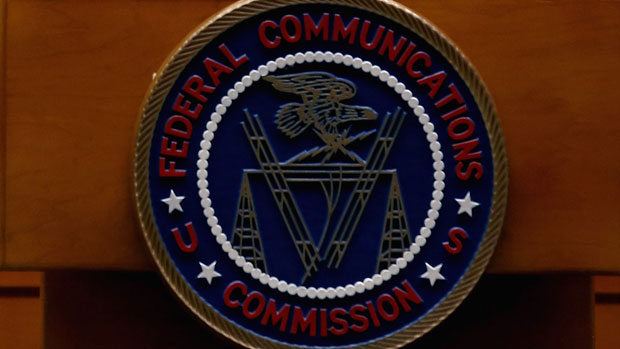Net neutrality: what is it and why does it matter?
Plans to dismantle 'net neutrality' will lead to some web users being left in the slow lane, activists say

A free daily email with the biggest news stories of the day – and the best features from TheWeek.com
You are now subscribed
Your newsletter sign-up was successful
THE US telecoms regulator the FCC has provoked outrage among some technology experts by apparently agreeing to a 'two-tier' internet that will allow firms to pay to ensure their content reaches users more quickly than that of their rivals.
The FCC and some internet service providers say the proposals are needed because some websites – notably those which stream video, like Netflix – now distribute vast quantities of data. ISPs claim this places an unfair burden on them, which they want to share financially with clients.
However, the new rules for American ISPs have upset campaigners who want to preserve the principle of 'net neutrality'. Others say they will actually create more web piracy, warns the BBC. Are they right to sound the alarm?
The Week
Escape your echo chamber. Get the facts behind the news, plus analysis from multiple perspectives.

Sign up for The Week's Free Newsletters
From our morning news briefing to a weekly Good News Newsletter, get the best of The Week delivered directly to your inbox.
From our morning news briefing to a weekly Good News Newsletter, get the best of The Week delivered directly to your inbox.
What is 'net neutrality'?As well as providing us all with access to the internet, ISPs run computer servers which store and deliver web pages on behalf of paying clients – any individual or company who has a website. At the moment, ISPs are not allowed to make any one website easier to access than any other: so the site of a plumber in Bathgate, for example, is as easy to connect to as that of the BBC. All clients have their pages served to users as quickly as possible. This principle is seen as democratic – and essential to the open nature of the internet.
What is the FCC proposing?The BBC reports that the FCC wants to allow a 'fast lane' for particularly data-heavy services, the most obvious being streaming video. Video carries exponentially more data than a text-and-photographs web page. The watchdog was quick to dispute the claims, saying its plans had been misreported, but it seems that it will now allow ISPs to strike special deals with companies to prioritise particular services, though they will still not be allowed to block or discriminate against the content they carry. The new rules come into force this month.
What has upset campaigners?They are concerned the new rules give the richest content providers an advantage over smaller firms or individuals. Writing in The Guardian, online freedom campaigner Cory Doctorow says the plan "sets the stage for a further magnification of the distorting influence of money... on our wider society". He goes as far as to suggest ISPs will effectively be charging "protection money" from clients in return for not slowing down their content. He raises concerns that the political candidates with the most funds will get their message out by "bribing" ISPs, while the less well-financed make do with a slower service. And advocacy body the Free Press Group told the BBC: "Giving ISPs the green light to implement pay-for-priority schemes will be a disaster for start-ups, non-profits and everyday internet users who cannot afford these unnecessary tolls."
What will the plans mean for Joe Public?Less idealistically, some experts fear consumers will suffer under the new plans, as companies like Netflix will pass on increased charges from ISPs to their users. Writing in Washington for the BBC, Deborah Siegelbaum argues that the FCC might thus increase the amount of data piracy on the web. She quotes Allen Hammond of the Broadband Institute of California, who sees "a real possibility that you will price some people out of the market for legitimate programming and into a market for ill-gotten programming because it will just cost too much or it will become clear they can pay a lot less for it".
A free daily email with the biggest news stories of the day – and the best features from TheWeek.com
-
 Switzerland could vote to cap its population
Switzerland could vote to cap its populationUnder the Radar Swiss People’s Party proposes referendum on radical anti-immigration measure to limit residents to 10 million
-
 Political cartoons for February 15
Political cartoons for February 15Cartoons Sunday's political cartoons include political ventriloquism, Europe in the middle, and more
-
 The broken water companies failing England and Wales
The broken water companies failing England and WalesExplainer With rising bills, deteriorating river health and a lack of investment, regulators face an uphill battle to stabilise the industry